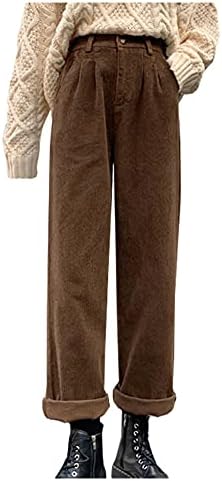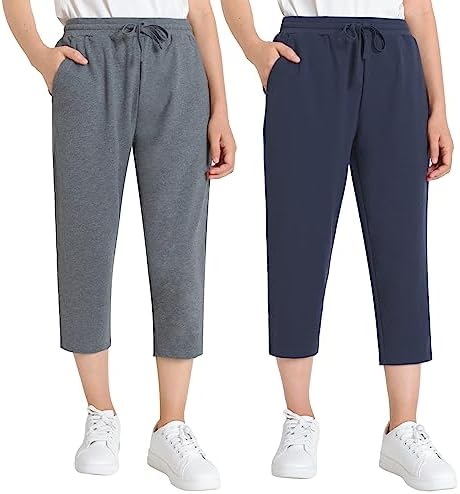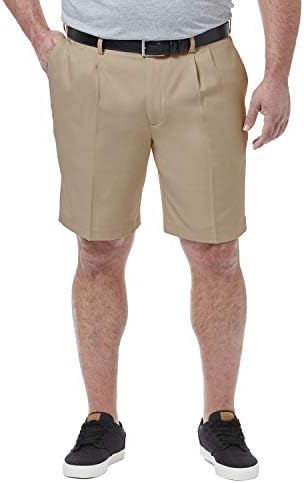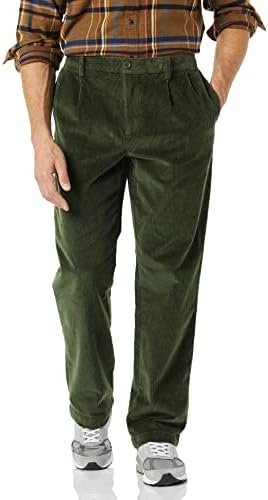Experience the Elegance of Hakama Pants: A Perfect Blend of Tradition and Style
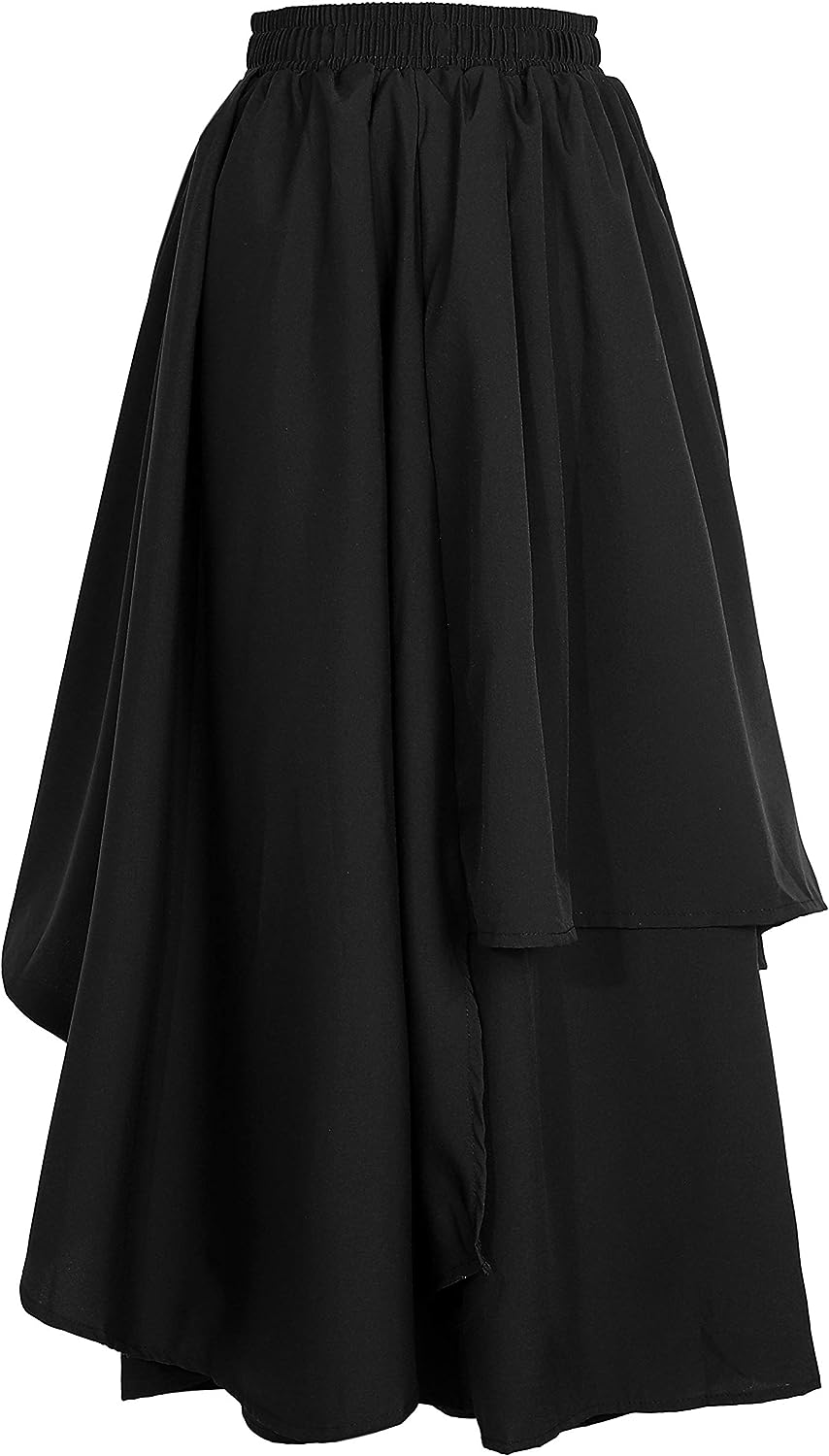
Hakama Pants are traditional Japanese pants that are worn by both men and women. These pants have a long history and are considered a formal attire in Japan. The design of Hakama Pants is unique, with wide legs and a pleated front. They are typically made from high-quality materials such as silk or cotton, and are often adorned with intricate patterns or embroidery. Hakama Pants are commonly worn for special occasions, such as weddings, tea ceremonies, or martial arts events. They are known for their comfort and ease of movement, making them a popular choice among practitioners of traditional Japanese martial arts. Whether worn as a fashion statement or for cultural events, Hakama Pants are a symbol of elegance and tradition in Japanese culture.
Click to buy the best selling Hakama Pants
How To Style Hakama Pants?
Hakama pants are a traditional Japanese garment that can be styled in a fun and trendy way. These wide-legged pants are typically worn by both men and women for formal occasions or martial arts practices. To style Hakama pants, you can pair them with a fitted top or a loose blouse for a balanced silhouette. Adding a belt to cinch the waist can create a more defined look. For a casual and modern twist, you can wear them with a cropped t-shirt or a denim jacket. Accessorizing with statement jewelry or a stylish hat can elevate the overall outfit. Remember to choose the right shoes, such as sandals or loafers, to complement the look. Experimenting with different patterns, colors, and textures can make your Hakama pants stand out and showcase your unique style.
Japanese Style Samurai Hakama Harem Pants in Black – One Size
– İşlemci: Intel Core i7 10. Nesil
– Bellek: 16 GB DDR4 RAM
– Depolama: 512 GB SSD
– Ekran: 15.6 inç Full HD IPS
– Grafikler: NVIDIA GeForce GTX 1650 Ti
– İşletim Sistemi: Windows 10 Home
– Bağlantı: Wi-Fi 6, Bluetooth 5.0
– Pil Ömrü: 10 saat
– Ağırlık: 1.8 kg
– Renk: Siyah
What Are Hakama Pants?
Hakama pants are traditional Japanese trousers that have a unique and fascinating history. These wide-legged pants were originally worn by samurai warriors during the feudal era in Japan. The design of Hakama pants is not only functional but also aesthetically pleasing.
Made from high-quality fabric, Hakama pants are comfortable and durable. They are typically worn as part of formal attire during special occasions, such as weddings, tea ceremonies, and martial arts demonstrations. Hakama pants are also popular among practitioners of Aikido, Kendo, and other traditional Japanese martial arts.
What makes Hakama pants interesting is their versatile nature. They can be worn by both men and women, and they come in various colors and patterns. The pleats on the front and back of the pants not only add elegance but also allow for easy movement and flexibility.
Hakama pants have become iconic symbols of Japanese culture and tradition. They not only showcase the rich history of Japan but also highlight the importance of preserving and honoring traditional clothing styles. So, if you want to add a touch of Japanese tradition to your wardrobe, consider getting yourself a pair of Hakama pants and experience the comfort and style they offer.
How To Wear Hakama Pants?
Hakama pants are traditional Japanese trousers that are wide-legged and flowy. They are typically worn for formal occasions, martial arts, or traditional ceremonies. To wear them, start by putting on a kimono or other traditional Japanese top. Then, wrap the hakama around your waist, tying it securely with the attached cords. Finally, adjust the length and tie the cords at the ankles to create a stylish and comfortable look.
What To Wear With Hakama Pants?
Hakama pants are a traditional Japanese garment that can be styled in various ways. For a fun and trendy look, pair them with a fitted crop top and a statement belt. Add a pair of chunky sneakers or ankle boots for a modern touch. Experiment with different accessories to complete your outfit.
Where Can I Buy Hakama Pants?
You can buy Hakama pants at various online and physical stores. These traditional Japanese pants can be found in specialty martial arts shops, Japanese clothing stores, and even on popular e-commerce websites like Amazon and eBay. Hakama pants are often worn by practitioners of Aikido, Kendo, and other martial arts. They are known for their wide-legged design, which provides comfort and ease of movement during training or performances. So, if you’re looking to add a touch of Japanese culture to your wardrobe, don’t hesitate to grab a pair of Hakama pants!
Review the Most Popular Hakama Pants Products
What Stores Sell Hakama Pants?
Hakama pants are traditional Japanese trousers that are typically worn by practitioners of martial arts or during formal occasions. They can be found in specialty martial arts stores, as well as online retailers such as Amazon and eBay. These pants are characterized by their wide legs and pleated design, offering both comfort and style.
Frequently Asked Questions About Hakama Pants?
1. What are Hakama pants and where do they come from?
Hakama pants are traditional Japanese trousers that have been worn for centuries. They originated from the samurai warriors of ancient Japan who needed loose-fitting pants for ease of movement during battle.
2. How do you wear Hakama pants?
Wearing Hakama pants is like mastering the art of origami for your legs. They are worn over a kimono or other traditional Japanese clothing. The pants have a front and back panel that is wrapped around the body and tied at the waist with a cord called an “obi.”
3. Are Hakama pants only worn by men?
No way! Hakama pants are for everyone who wants to embrace the traditional Japanese style. Both men and women can wear them for formal occasions such as ceremonies, weddings, or even cosplay events. It’s all about embracing the samurai spirit!
4. Can you wear Hakama pants casually?
Absolutely! While Hakama pants are often reserved for special occasions, you can totally rock them casually too. Pair them with a simple t-shirt or tank top and throw on some sandals or sneakers for a cool and unique look. Who says you can’t rock ancient fashion on a regular day?
5. Are Hakama pants comfortable?
Oh, yes! Hakama pants are all about comfort and freedom of movement. The loose and wide-legged design allows for easy walking, running, or even ninja-like acrobatics if you’re feeling adventurous. Plus, they are made from lightweight fabrics, so you won’t be sweating like a sumo wrestler.
6. Can you wash Hakama pants in a washing machine?
While it’s always best to check the care instructions specific to your Hakama pants, most of them are made from delicate materials like silk or polyester. So, it’s safer to hand wash them in cold water with a gentle detergent. Treat them with care, just like you would treat a precious samurai sword.
7. Are Hakama pants unisex?
Absolutely! Hakama pants have no gender boundaries. They can be worn by anyone who appreciates the artistry and style of traditional Japanese fashion. So, whether you’re a fierce samurai or a graceful geisha, Hakama pants are here to embrace your unique style.
8. Can I wear Hakama pants for martial arts practice?
Definitely! Hakama pants are not only stylish but also functional. Many martial arts practitioners, such as Aikido or Kendo enthusiasts, wear Hakama pants during their training sessions. The flowing design adds an extra element of elegance and flair to their moves.
9. Do Hakama pants have any symbolic meaning?
Oh, they sure do! In Japanese culture, Hakama pants are often associated with respect, tradition, and formality. They symbolize the samurai’s disciplined and honorable way of life. So, when you wear Hakama pants, you’re not just rocking a stylish garment, but also embodying the spirit of the samurai.
10. Can I wear Hakama pants to a wedding?
Absolutely! If you want to stand out from the crowd and make a fashion statement at a wedding, Hakama pants are a fantastic choice. They bring a touch of elegance and traditional charm to any special occasion. Just make sure you don’t outshine the bride, or you might end up facing a samurai’s wrath!


